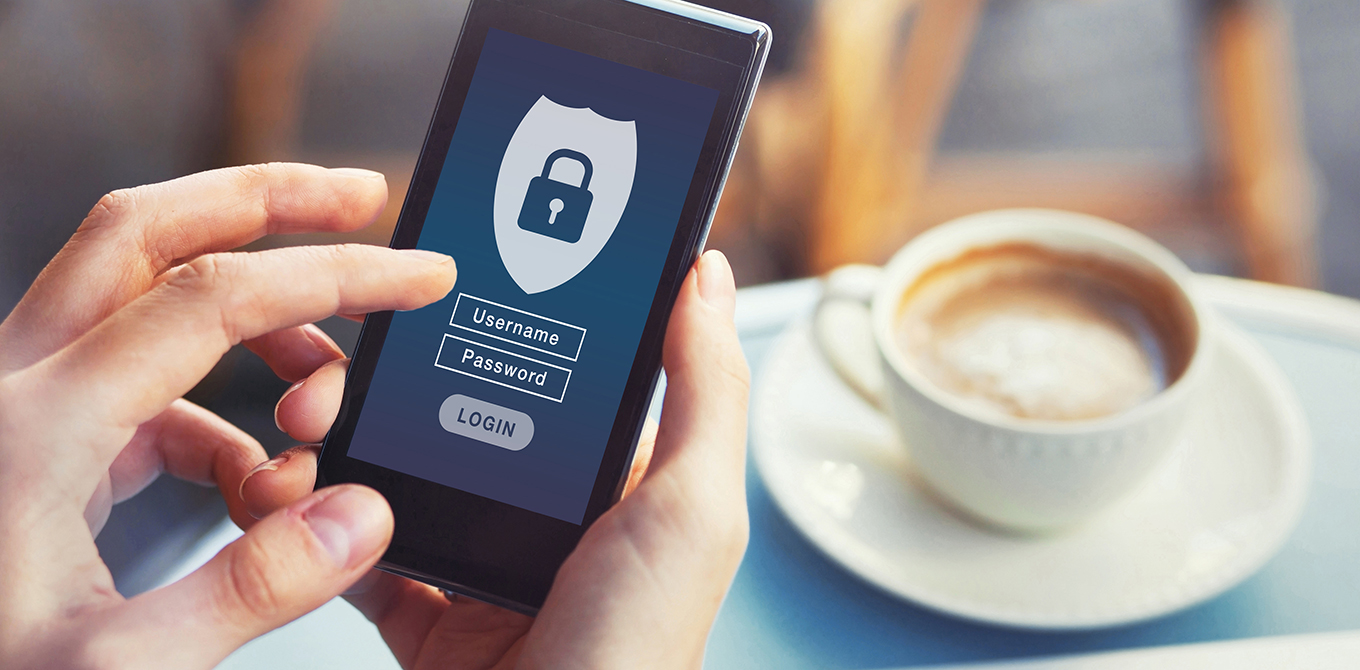5 ways to protect yourself against COVID-19 vaccine scams
More than 90 million Americans have received one or two doses of the COVID-19 vaccine since they were approved in December, according to the CDC's tracker. At the same time, millions of others have been frustrated with the challenges they may face getting an appointment to receive the vaccine. Adding to that frustration is the confusion caused by varying vaccine sign-ups, or notification methods among cities and counties.
As a result, Americans' urgency to get vaccinated creates the perfect environment for COVID-19 vaccine scammers. The FBI has warned Americans that vaccine-related fraud and identity theft are on the rise. Fraudsters are trying to trick consumers with offers for fake vaccines, fees for bogus services, and information grabs for identity theft. But there are steps you can take to ensure you don’t become their next victim.
Below are five ways you can protect yourself from COVID-19 vaccine scams.
1. Never respond to unsolicited vaccine emails.
Vaccine-related "phishing" emails can trick you into entering passwords, credit cards, or other information that can be used to steal your identity. Vaccine scammers could also send emails with links that download malware to your computer or phone. Never respond to unsolicited emails or open hyperlinks about COVID-19 from an unknown sender, warns the U.S. Department of Health and Human Services (HHS). If the message is from a known government source, go to its official website to contact the agency directly.
2. Don't give out personal information.
Government officials and agencies won't call you and ask for sensitive personal information such as medical history, copies of your health insurance card, or credit card or bank account information in order to receive the vaccine, according to the HHS. Agencies in charge of vaccine distribution also won't send door-to-door solicitors.
Don't share your personal or health information with anyone other than known and trusted medical professionals.
3. Don't pay to get on a vaccine waiting list.
If you receive an unsolicited email, text message, or advertisement offering to add you to a COVID-19 vaccine "waiting list" for a fee, this is a huge red flag of fraudulent activity. Never pay to add your name to a so-called waiting list.
Instead, consult your state, city, or county health department or another official government website for up-to-date information on authorized vaccine distribution channels.
4. Don't roll up your sleeve — or open your wallet — to marketers selling a COVID-19 vaccine or promising early access to a vaccine for a fee or deposit.
You (or your insurance company) may have to pay an administrative fee to the provider giving the shot for a legitimate vaccination, but COVID-19 vaccinations are free to the American people, according to the Centers for Disease Control (CDC).
Scammers may also tell you they have access to a new vaccine that hasn't been widely publicized. Look up approved COVID-19 vaccines on the U.S. Food & Drug Administration website.
5. Ignore social media vaccine posts and ads.
Just because your friend posted about how to get the COVID-19 vaccine sooner on social media doesn't mean the information is accurate. For accurate information about how the vaccine rollout works in your community, check your state or local government website. To make sure you're not viewing a counterfeit site, always make sure the web address ends with the .gov extension.
Staying up-to-date on your state's vaccine distribution is a good way to help protect yourself from vaccine scammers. To look up your state's vaccination distribution plan, search by state at the CDC's official website.




